|
|
|
Editor's note
|
|
Righting the wrongs of colonialism and apartheid still features prominently in public debates. Take the looting of African artefacts that are now held in Western museums. In making the case that these artefacts should be returned to Africa, Yirga Gelaw Woldeyes argues that repatriation will restore the agency of Africans as producers of their own history. Marius Oosthuizen, meanwhile, proposes a radically different approach to reversing the legacies of apartheid.
Women across the world often find themselves vulnerable and open to exploitation. For instance, in the wake of recent flooding in Mozambique women were being forced to trade sex for aid supplies. The incident highlighted the fact that not enough is done to protect women’s safety in disaster situations. Kristin Bergtora Sandvik explains what she found in her research on sexual exploitation of displaced women in Uganda and Colombia.
Vulnerability is also an issue for women students on campuses in Nigeria. Oludayo Tadeon sets out what he discovered about how young women navigate transactional sex
in Nigerian universities.
But it’s not all doom and gloom. Even though science, technology, engineering and maths tend to be dominated by men, PhD candidate Ndoni Mcunu has taken the plunge. She shares her story of being a black woman in science while Pasha Sosina Bezu explains why she believes the appointment of women into top positions in Ethiopia will have a major impact on young girls in the country.
|
Julius Maina
Regional Editor East Africa
|

|
|
Top Stories
|
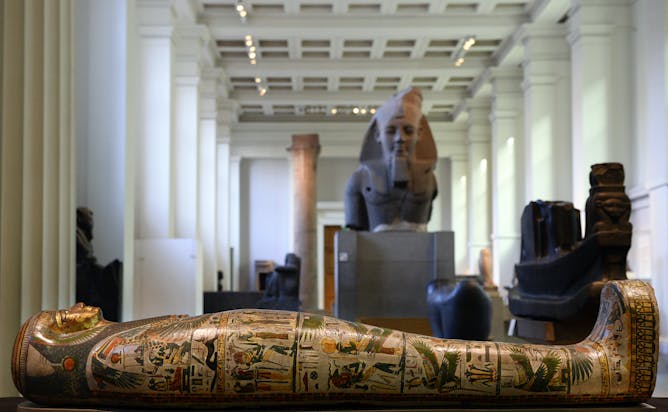
A mummy of the Ancient Egyptian Priestess “Tamut” (900 BC) on display at British Museum in London, in 2014.
EPA/Facundo Arrizabalaga
Yirga Gelaw Woldeyes, Curtin University
The power to select, name and decide the meaning of these items makes Europeans the authors of African history.
|
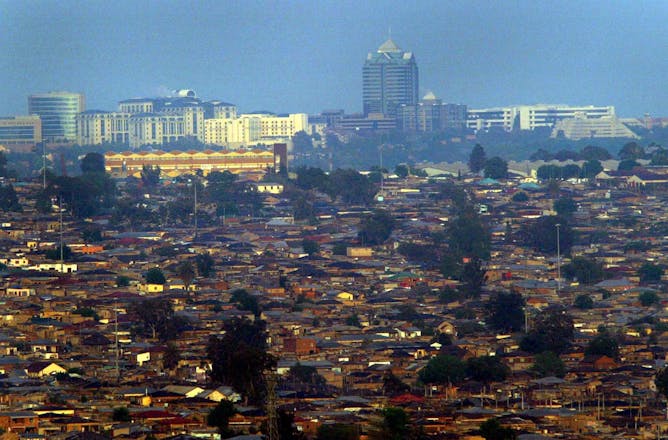
A view of Sandton City, the richest square mile in Africa, towering over Alexandra township, in Johannesburg.
EPA/Kim Ludbrook
Marius Oosthuizen, University of Pretoria
In matters of policy-making and governing, understanding the systemic complexity of interrelated forces is crucial to avoiding failure.
|
Focus on women
|
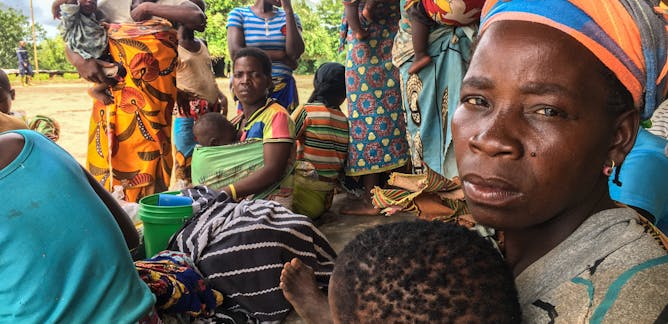
Kristin Bergtora Sandvik, Peace Research Institute Oslo (PRIO)
Women in disaster zones are frequently targeted by sexual predators who take advantage of their vulnerability.
| |
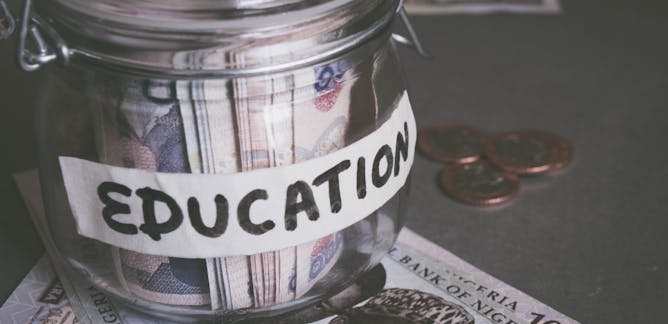
Oludayo Tade, University of Ibadan
In some Nigerian universities, wealthy female students engage in trasnactional sex for pleasure, while those that needed financial support did it for the money.
|

Ozayr Patel, The Conversation
Black women face a number of challenges in trying to become scientists.
| |
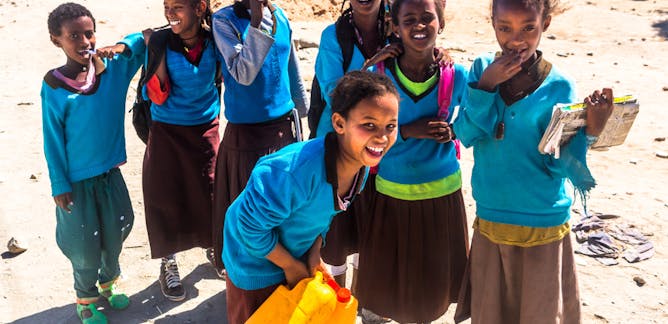
Ozayr Patel, The Conversation
In Ethiopia, boys are more likely to go to school than girls are. Role models can change this.
|
|
|
Politics + Society
|
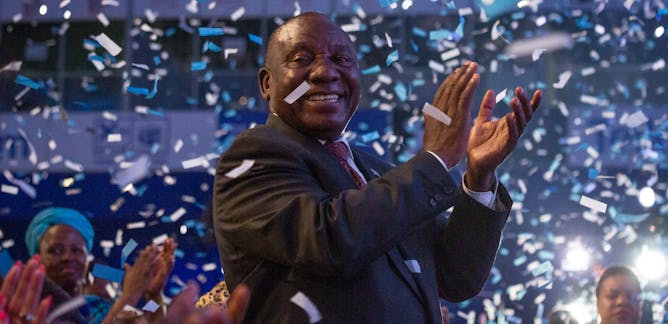
Christopher Isike, University of Pretoria
Why do once mighty political parties sometimes collapse? Two reasons that have driven some into obscurity are corruption and conflicts within the party. The ANC suffers from both.
| |
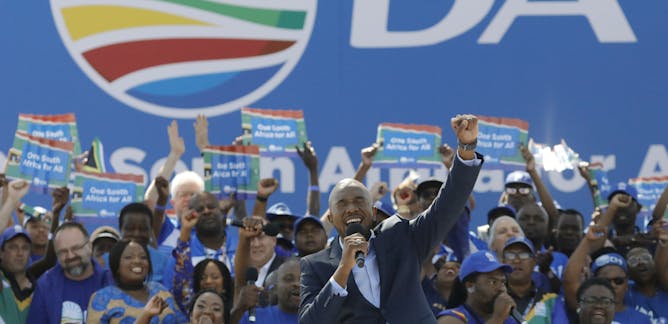
Keith Gottschalk, University of the Western Cape
Despite its endurance, the Democratic Alliance still hasn't found a firm foothold to grow the votes in South Africa's changing political landscape.
|
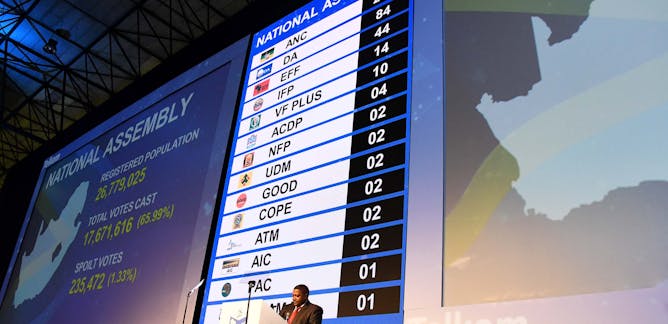
Steven Friedman, University of Johannesburg
The recent election has shown again that the extremism which worries democrats in much of the world has little traction in South Africa.
| |
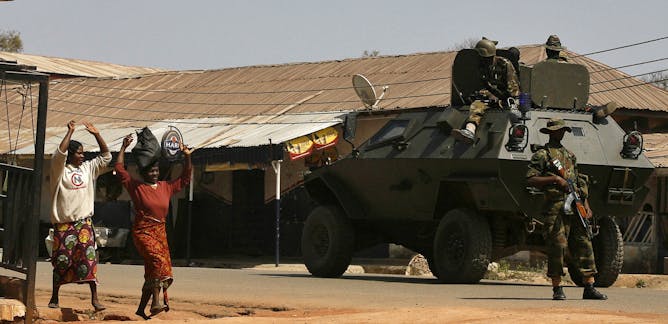
Sallek Yaks Musa, Stellenbosch University
In Nigeria, the government often uses the army to restore order and to keep the peace, largely because the police are unable to contain internal violent conflicts.
|
|
|
Environment + Energy
|

Sarobidy Rakotonarivo, University of Stirling
President Rajoelina's five-year term, starting in 2019, may be the last chance to avoid habitats and species from going extinct.
| |
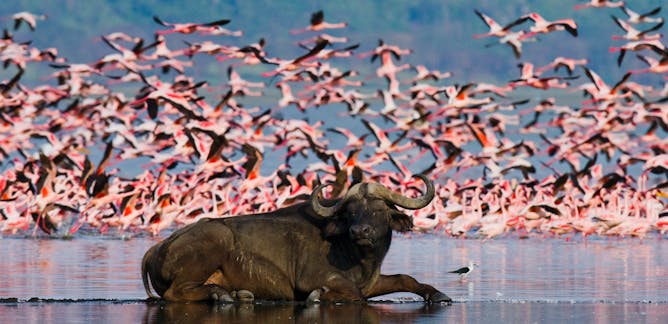
Bernard Bett, International Livestock Research Institute ; John Gachohi, Washington State University
Outbreaks often affect the same areas because, once released, the bacteria continues to live as spores in the soil.
|
|
|
Business + Economy
|
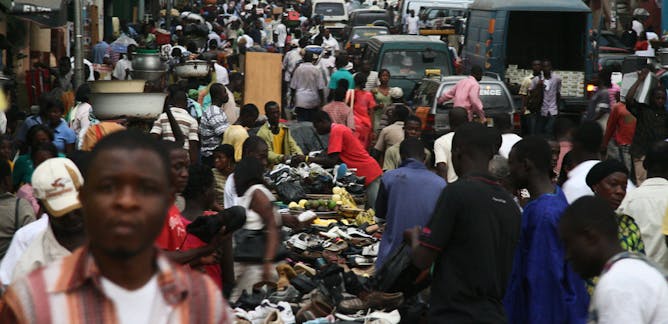
Astrid R.N. Haas, International Growth Centre
Africa is home to the world's fastest growing cities. However, poor governance has robbed the continent of the benefits of people and firms clustering together.
| |
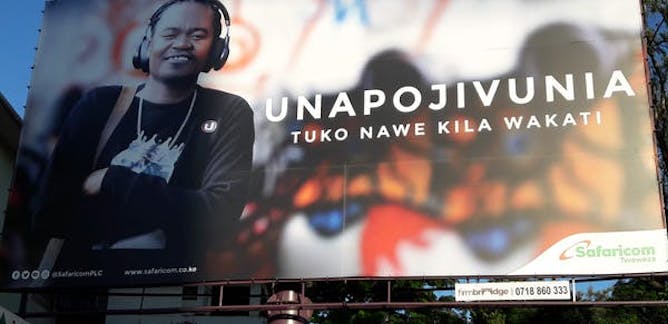
Christiaan De Beukelaer, University of Melbourne; Andrew J. Eisenberg, New York University Abu Dhabi
The political economy of music distribution goes unchecked. Despite increased digital revenues, also across Africa, music markets remain characterised by bottlenecks between musicians and audiences.
|
|
|
Science + Tech
|

Imogen Whittam, University of the Western Cape
The diameter of the Milky Way is a billion billion kilometres.
| |
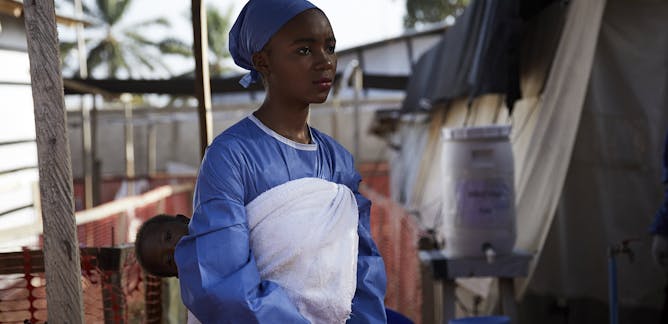
Steven Yeh, Emory University; Jean-Claude Mwanza, University of North Carolina at Chapel Hill; Jessica Shantha, Emory University
Research has identified a range of health complications in Ebola survivors. These include eye complications and vision problems.
|
|
|
| |
| |
| |
| |
Would you like to republish any of these articles?
|
|
It’s free to republish, here are the guidelines.
Contact us on africa-republish@theconversation.com in case you need assistance.
|
| |
| |
| |
| |
|
|
|
|
|
|
|